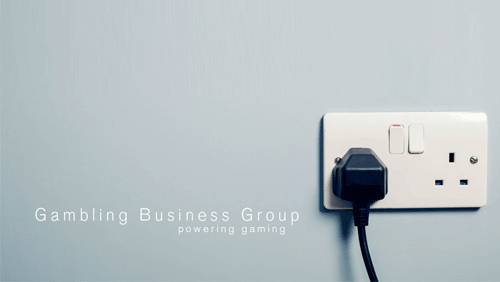Business In Licensing (BIL) in partnership with the Gambling Business Group (GBG), has formulated a proposal to remove the requirement for pubs and clubs to notify Licensing Authorities that they wish to use their ‘automatic entitlement’ to two machines. The proposal, which also has the support of the British Beer and Pub Association and the Gambling Commission, will save pub operators and machine suppliers £50/notification and remove layers of wasteful administrative burden in the process. The move would save the UK pub sector at least £500,000/year.
 Peter Hannibal, Chief Executive of the Gambling Business Group stated: “The current process requires the writing of a formal letter, accompanied by a £50 fee, to notify the licensing authority of the premises licence holder’s intent to install up to two gaming machines of category C or D, to which he is entitled under the Gambling Act 2005. The fee, which barely covers the costs of the administration process for the licensing authority, let alone the cost of enforcing or inspecting against the notice, represents an unnecessary cost to business while failing to add to the safety of the public or the effectiveness of the regulatory regime. Likewise the present notification process fails to accurately deliver to the Gambling Commission data on the number of gaming machines in alcohol licensed premises.”
Peter Hannibal, Chief Executive of the Gambling Business Group stated: “The current process requires the writing of a formal letter, accompanied by a £50 fee, to notify the licensing authority of the premises licence holder’s intent to install up to two gaming machines of category C or D, to which he is entitled under the Gambling Act 2005. The fee, which barely covers the costs of the administration process for the licensing authority, let alone the cost of enforcing or inspecting against the notice, represents an unnecessary cost to business while failing to add to the safety of the public or the effectiveness of the regulatory regime. Likewise the present notification process fails to accurately deliver to the Gambling Commission data on the number of gaming machines in alcohol licensed premises.”
The three point alternative proposed by BIL/GBG is to (a) Remove the requirement for premises licence holders to notify and pay the £50 to benefit from the automatic entitlement to provide gaming machines under section 282 – thereby removing the burden (b) The Gambling Commission to amend it’s statutory Guidance to Licensing Authorities (issued under s.25 of the Gambling Act 2005) to advise licensing authorities to send the Code of practice for gaming machines in clubs and premises with an alcohol licence to holders of alcohol premises licences. This would ensure the effective communication of a licensee’s social responsibility obligations and (c) For the Gambling Commission to amend the Regulatory Returns of those who supply gaming machines to require the holder of the operating licence to provide information on the numbers of machines supplied to alcohol licensed premises, a measure which would provide the Gambling Commission with accurate data on numbers of gaming machines in alcohol licensed premises. Similar information is already provided by gaming machines suppliers to the Gambling Commission and suppliers must hold this information. Failure to do so would be a breach of an operating licence condition.
Nick Arron, Partner at Poppleston Allen, the leading licensing solicitors which formulated the proposals, said: “Taken together, this raft of changes should result in a reduction of costs to licensed businesses and machine operators, the removal of unnecessary confusion around the notification process by those who aren’t fully conversant with the detailed wording of the Gambling Act 2005, reduced cost and administration burden to licensing authorities, increased transparency over the legality of the presence of gaming machines in pubs, improved enforceability of licensing and gambling law, improved regulation of licensed premises, enhance the quality of information held by the Gambling Commission on the numbers of gaming machines in British alcohol licensed premises and protection of the public courtesy of transparent adherence to the Gambling Commission’s Code of Conduct.”
For further information contact: Peter Hannibal: Gambling Business Group: 07860 588680.
Media Enquiries:
Chris Jones
+44 1273 699 900